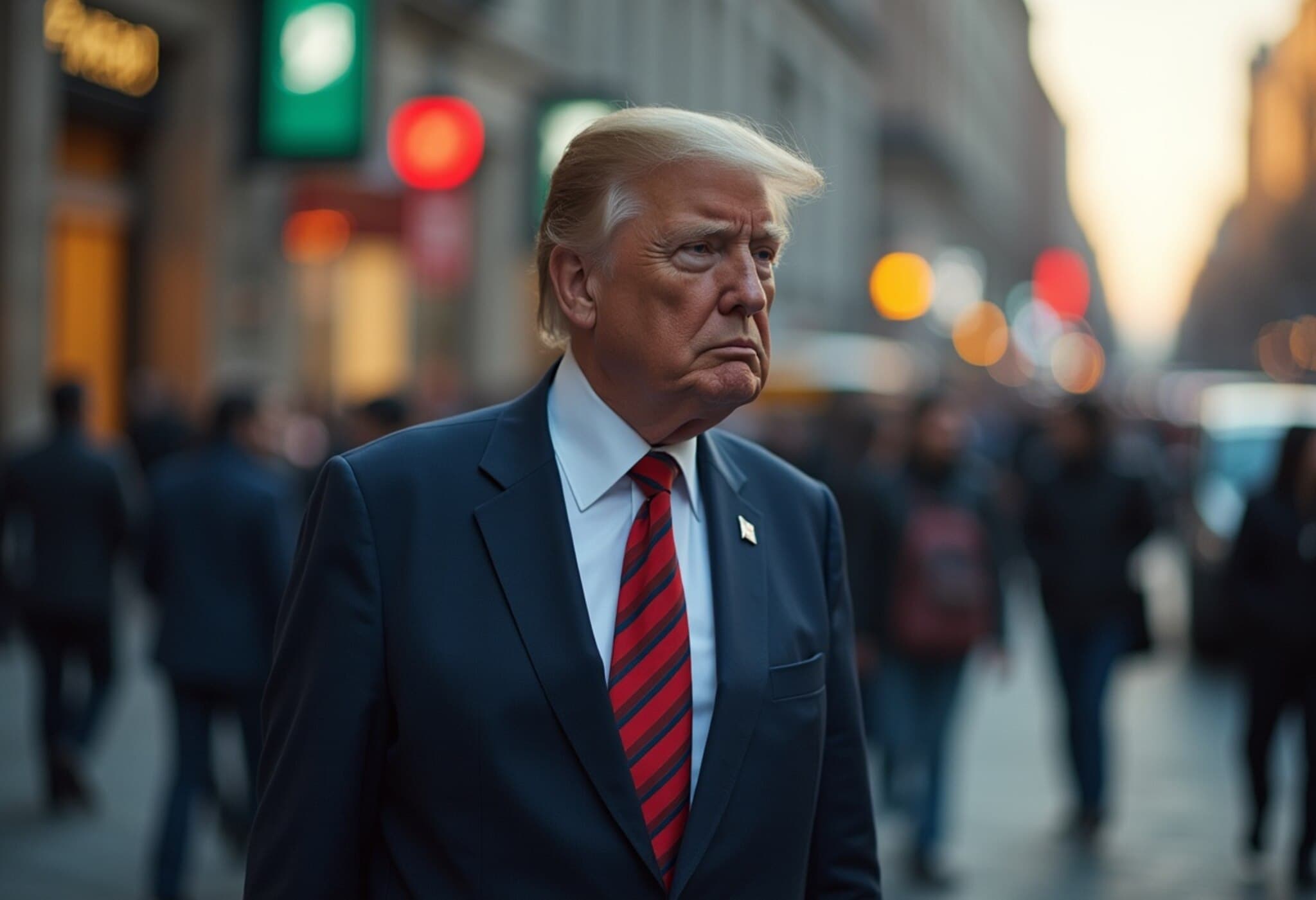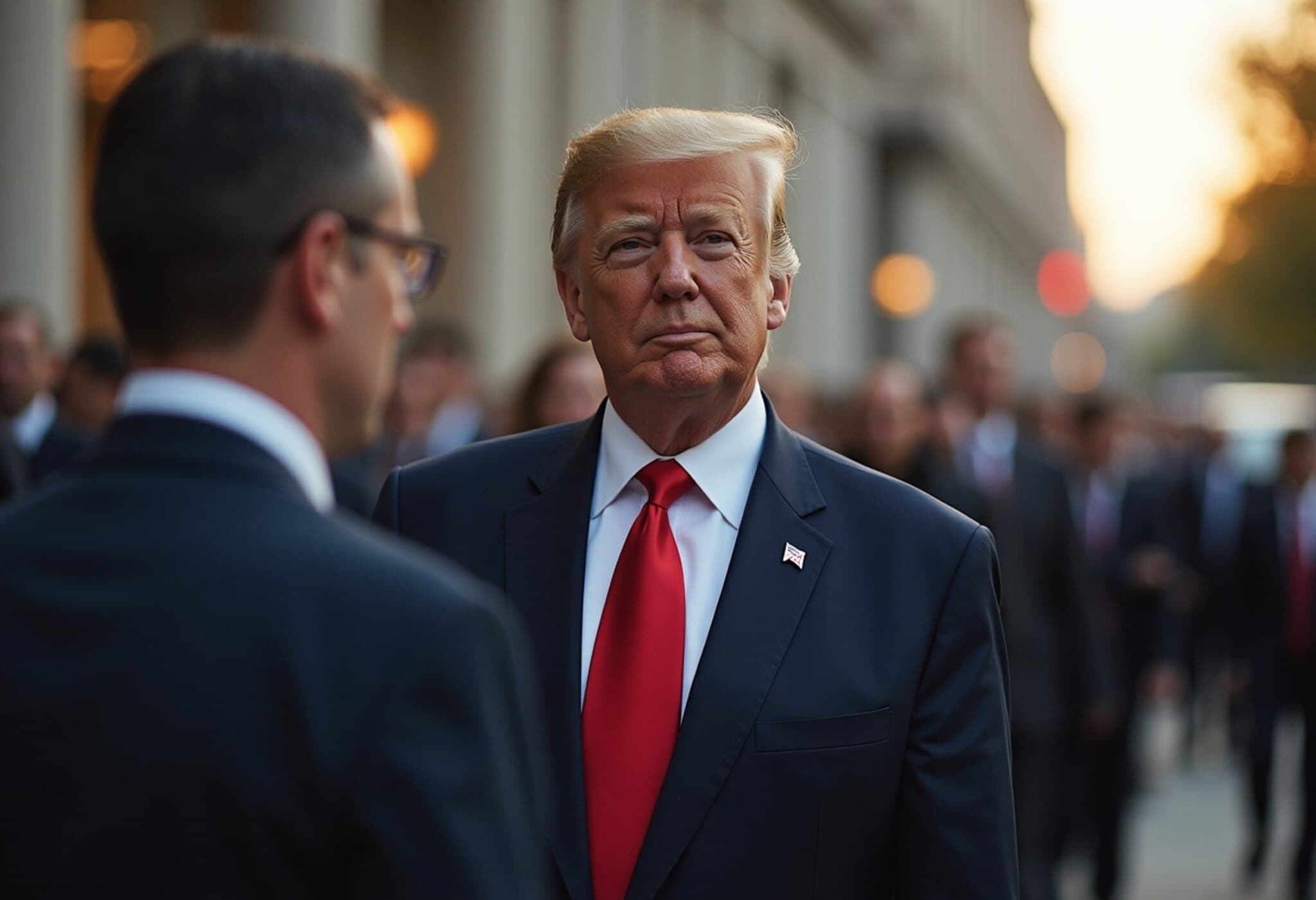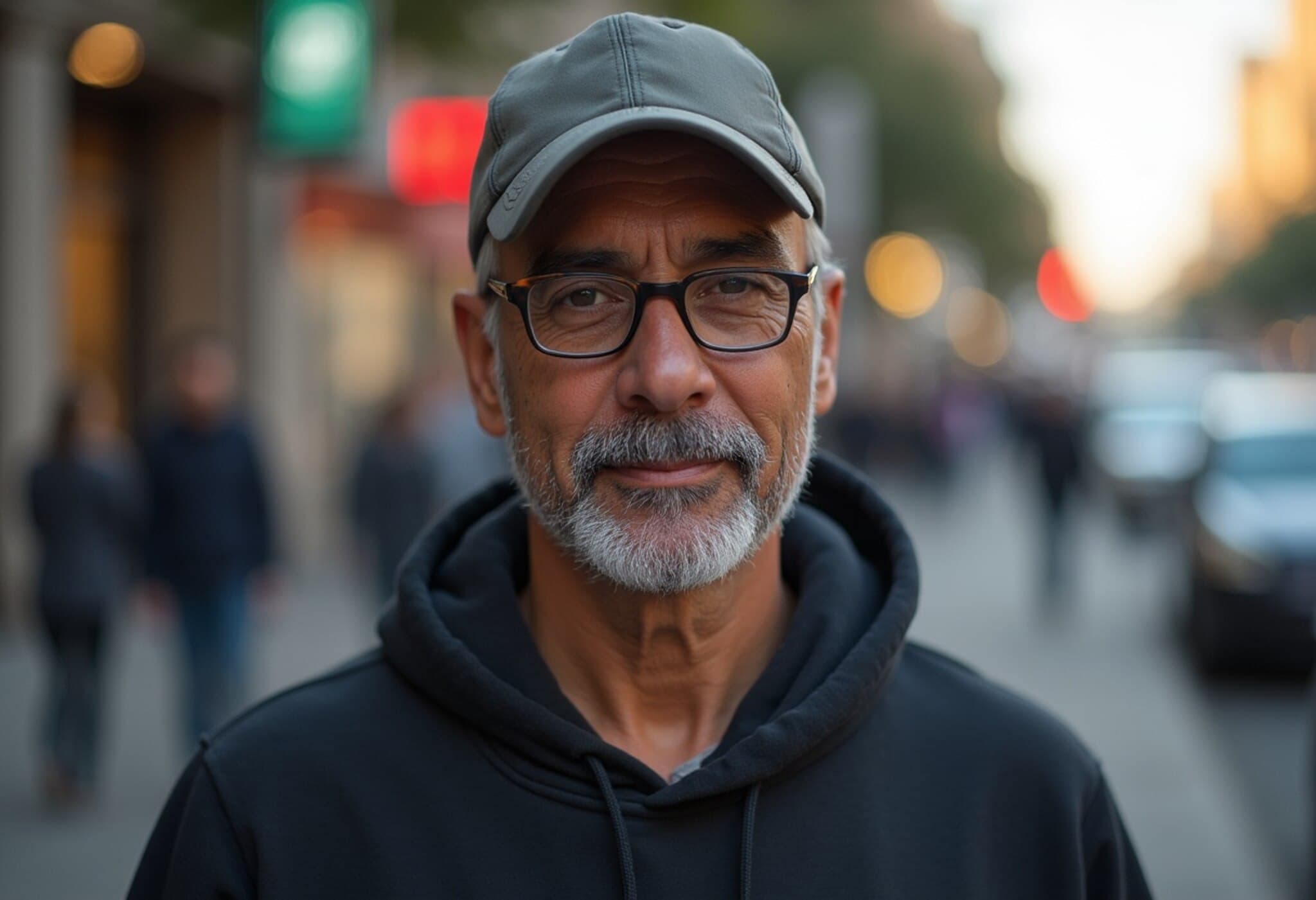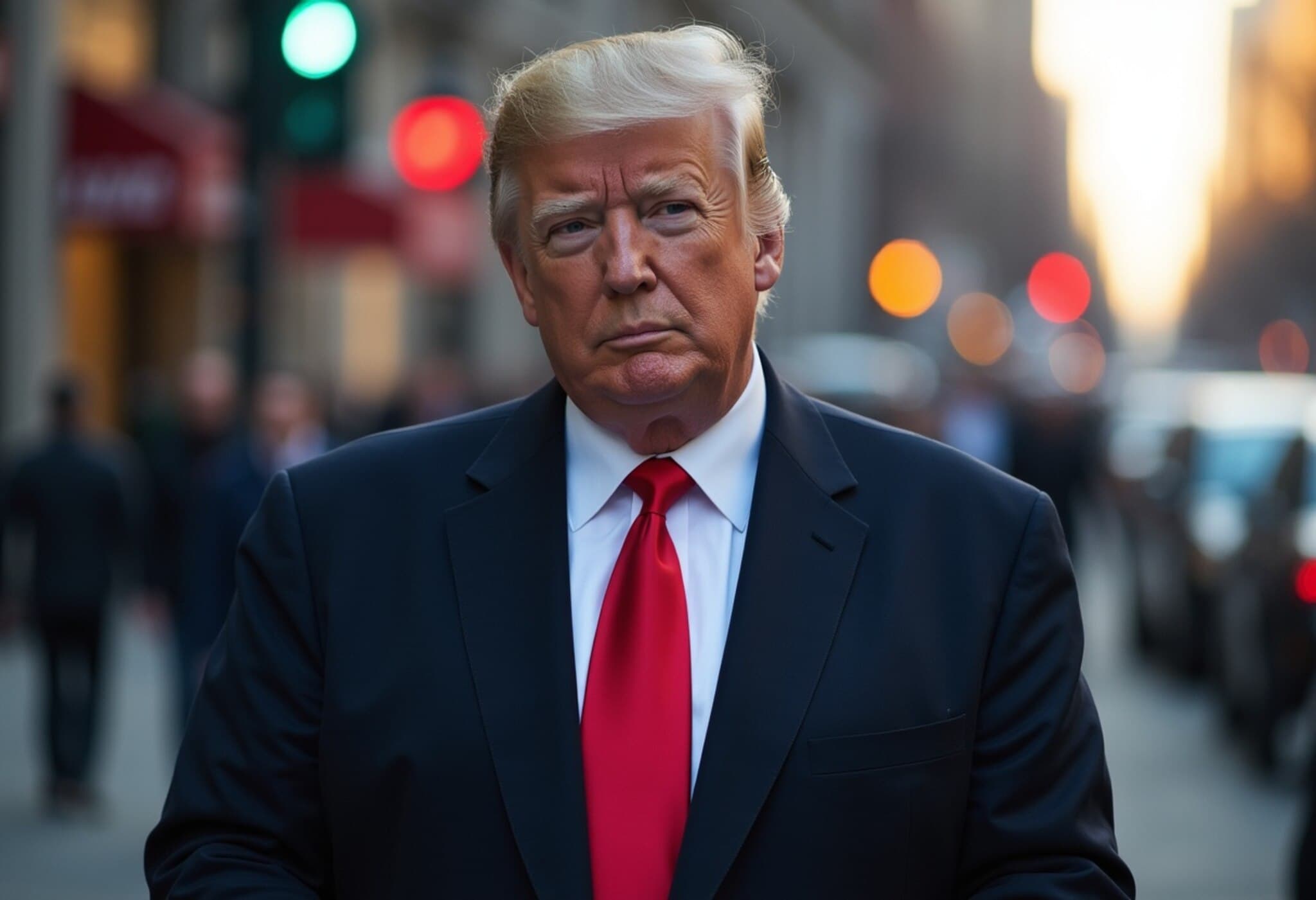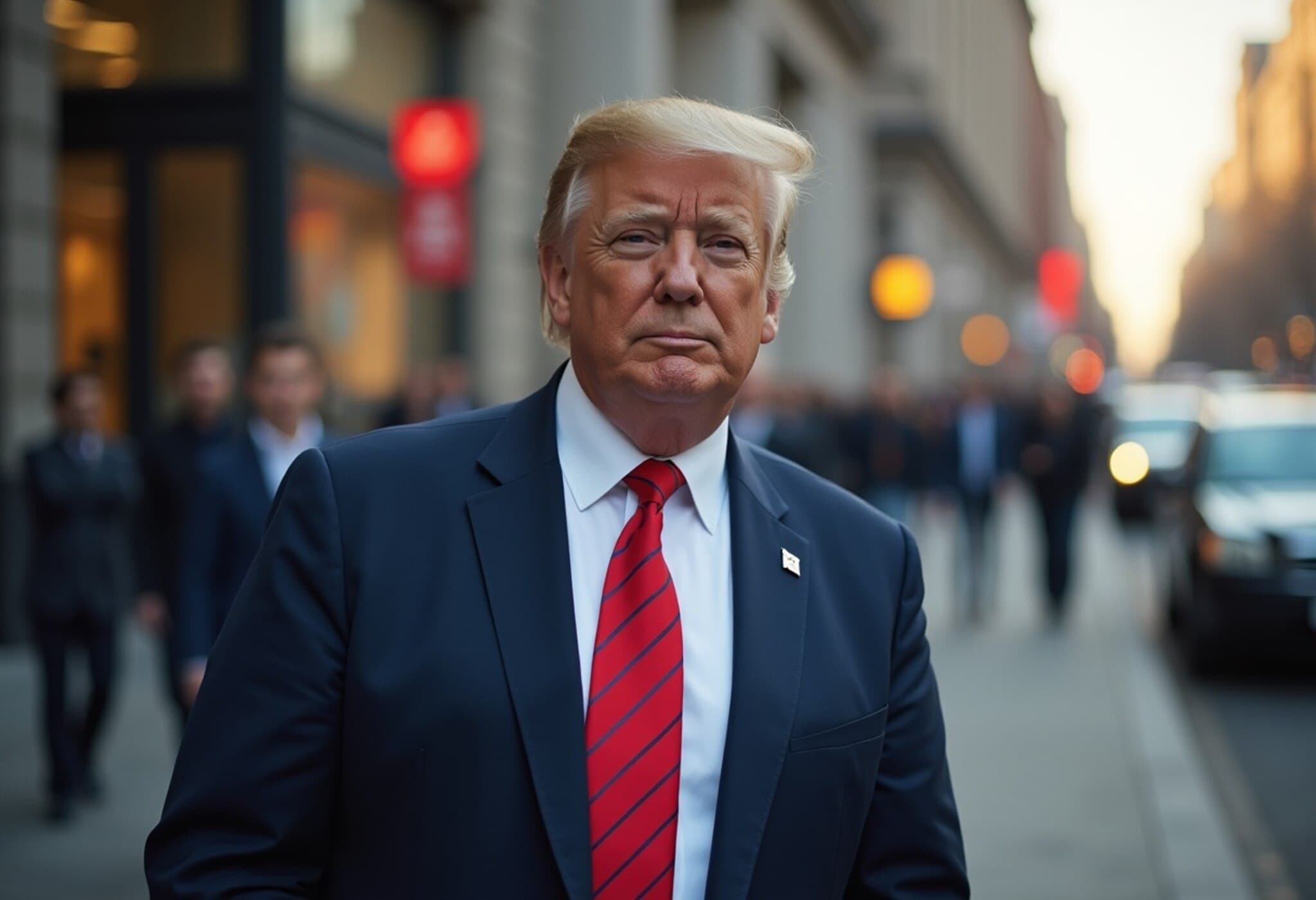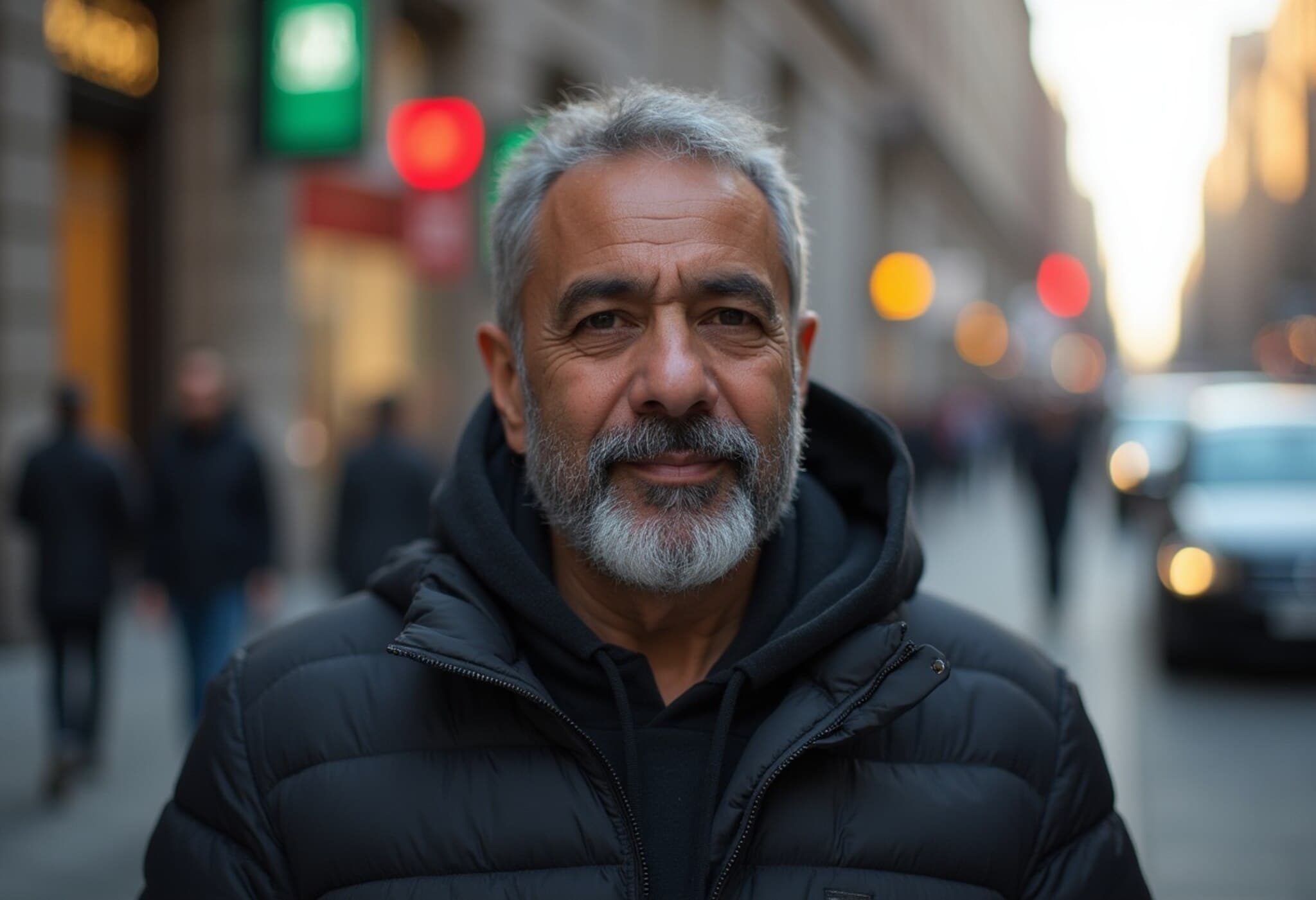US Considers Ending H-1B Lottery for Merit-Based Visa Allocation
The U.S. Department of Homeland Security (DHS) is proposing to overhaul the contentious H-1B visa lottery system, aiming to introduce a weighted selection process that prioritizes applicants based on qualifications and salary levels rather than by chance. This pivotal shift, announced in a filing on July 17, 2025, suggests a move toward allocating H-1B visas more strategically to attract top-tier talent, including those holding advanced degrees.
Background: The Current Lottery System and Its Challenges
Currently, the H-1B visa program caps at 85,000 visas annually, including 20,000 reserved specifically for applicants with a master’s degree or higher. Due to demand far exceeding supply, the U.S. Citizenship and Immigration Services (USCIS) selects recipients through a randomized lottery process, giving all applicants an equal chance regardless of their skills or salaries. This method has long been criticized for being arbitrary and inefficient, particularly by industry leaders and economic analysts who argue it undermines America’s competitiveness in the global tech race.
Proposed Weighted Selection System: What It Means
- Priority on Salary and Qualifications: The DHS proposal favors applicants with higher salaries and advanced qualifications, which typically indicate specialized or in-demand skills.
- Impact on Outsourcing Firms: Lower-wage dependent outsourcing companies may find it more challenging to secure visas for workers under the new system.
- Benefits for Highly Skilled Professionals: PhD holders and those with specialized expertise stand to gain increased opportunities, aligning visa distribution with economic value.
Although details remain scarce, the USCIS is expected to continue overseeing the application process, but with new criteria prioritizing merit over randomness.
Economic Analysis: Higher Salaries and Increased Value
A recent study by Jeremy L. Neufeld and the Institute for Progress (IFP) predicts that switching from a lottery to a salary-based ranking system could push the average first-time H-1B salary from $106,000 to an impressive $172,000. This change suggests a fundamental transformation in the labor market, potentially increasing the program’s economic value by up to 88%. According to Connor O’Brien from the Economic Innovation Group, this reform would be a significant upgrade, arguing that the current random allocation is counterproductive.
“The H-1B is the primary way through which the United States attracts high-skilled immigrants. That it is randomly allocated (among eligible applicants) is insane. America deserves better!” — Connor O’Brien
Dominance of Indian Nationals and Industry Implications
Indian nationals have historically dominated the H-1B program, securing 77% of approved visas in 2022 and continuing with approximately 72.3% in fiscal year 2023. A merit-based system could reshape these dynamics, potentially affecting outsourcing-heavy industries that rely on a steady flow of lower-wage visa workers. Meanwhile, tech giants like Amazon, Meta, and Microsoft, which currently leverage large application volumes, might benefit from a more skills-focused allocation.
Broader Context: Immigration Policy and US Innovation Leadership
This reform proposal arrives amid ongoing debates about U.S. immigration policy’s role in maintaining national competitiveness. As technologies advance rapidly, policymakers recognize that attracting and retaining highly skilled foreign talent is critical to sustaining innovation, especially in the technology sector. Moving away from a lottery toward a performance-based system aligns with broader efforts to make immigration policy more responsive to economic needs.
Looking Ahead
If implemented, these changes could usher in a new era of meritocracy for skilled immigrants, balancing fairness with economic pragmatism. However, critics may raise concerns over potential barriers for smaller firms and workers with lower salaries, sparking debate over how to best design a system that fosters innovation while ensuring equitable access.
Editor’s Note
The DHS’s proposed weighted selection system for H-1B visas signals a critical policy pivot toward valuing talent and economic impact over chance. As the U.S. strives to stay competitive in a tech-driven global economy, recalibrating immigration pathways to favor qualifications and salaries may bolster innovation and economic growth. Yet, this shift also raises questions about equity and the future labor landscape, especially for outsourcing sectors and mid-tier skilled workers. The unfolding debate will be crucial for employers, prospective migrants, and policymakers alike.


